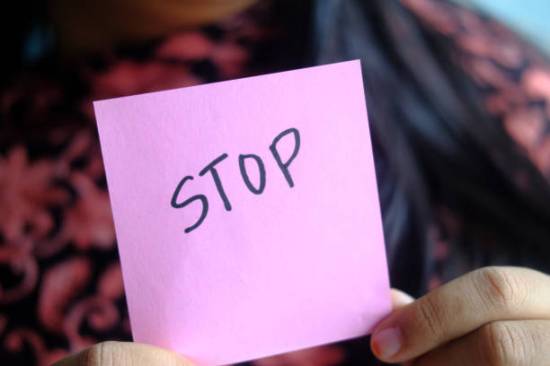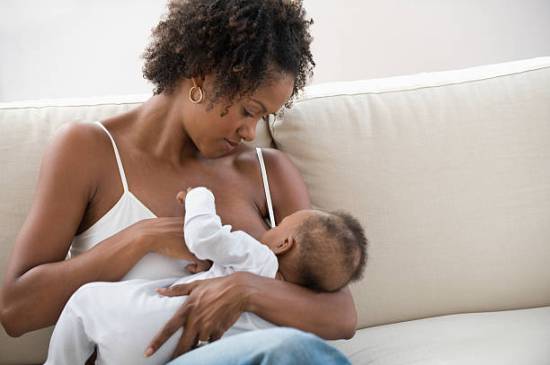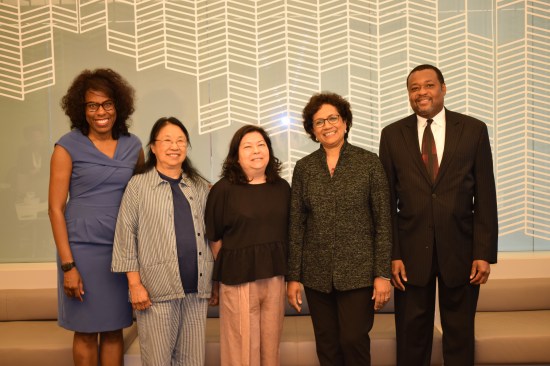The struggle to protect Black girls and women remains. Unfortunately, Black women remain vulnerable to sexual violence due to what we call intersectionality, the systematic oppression Black women experience based upon their race and gender. Here is what you can do to help.
- About
- Authors
- Back to School Blog Series
- Blog Series on Parenting & Discipline
- Blog Series on Race, Racism, and Law Enforcement in Communities of Color
- Blog Series on Talking to Kids about Race and Ethnicity
- Blog Series on Violence Against Women and Girls
- Copyright
- Disclaimer
- Get Involved
- We’re Psyched!
- Welcome









